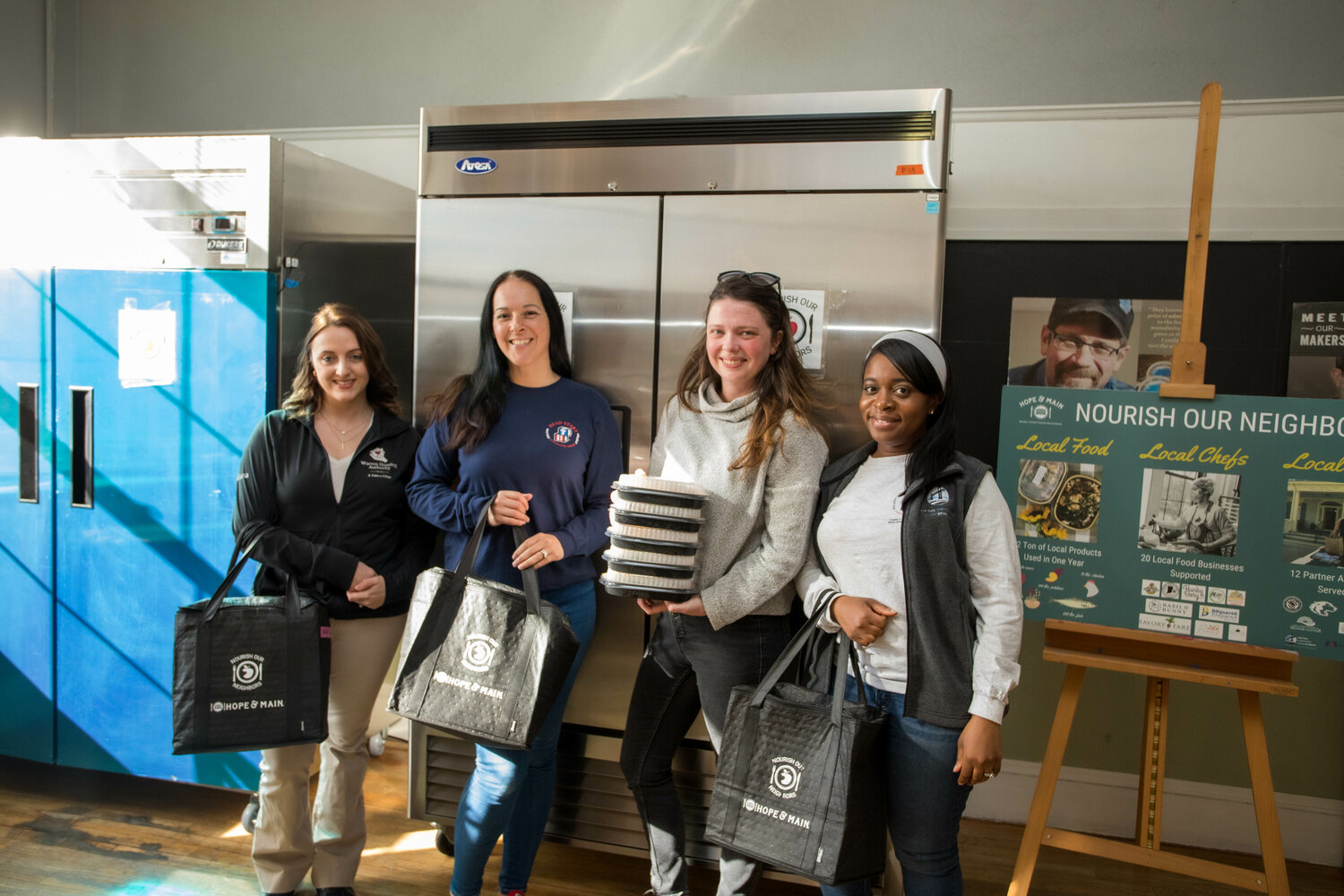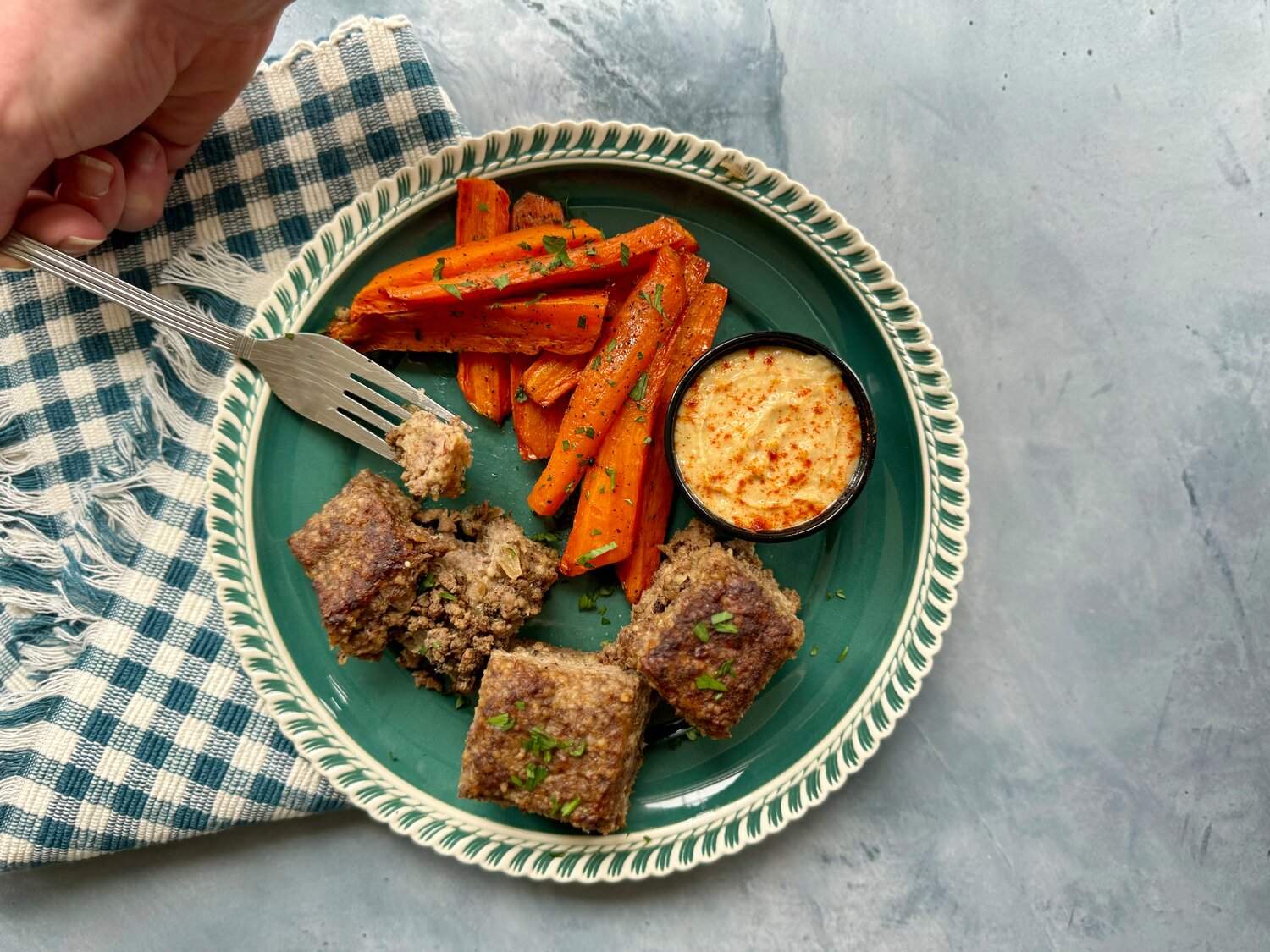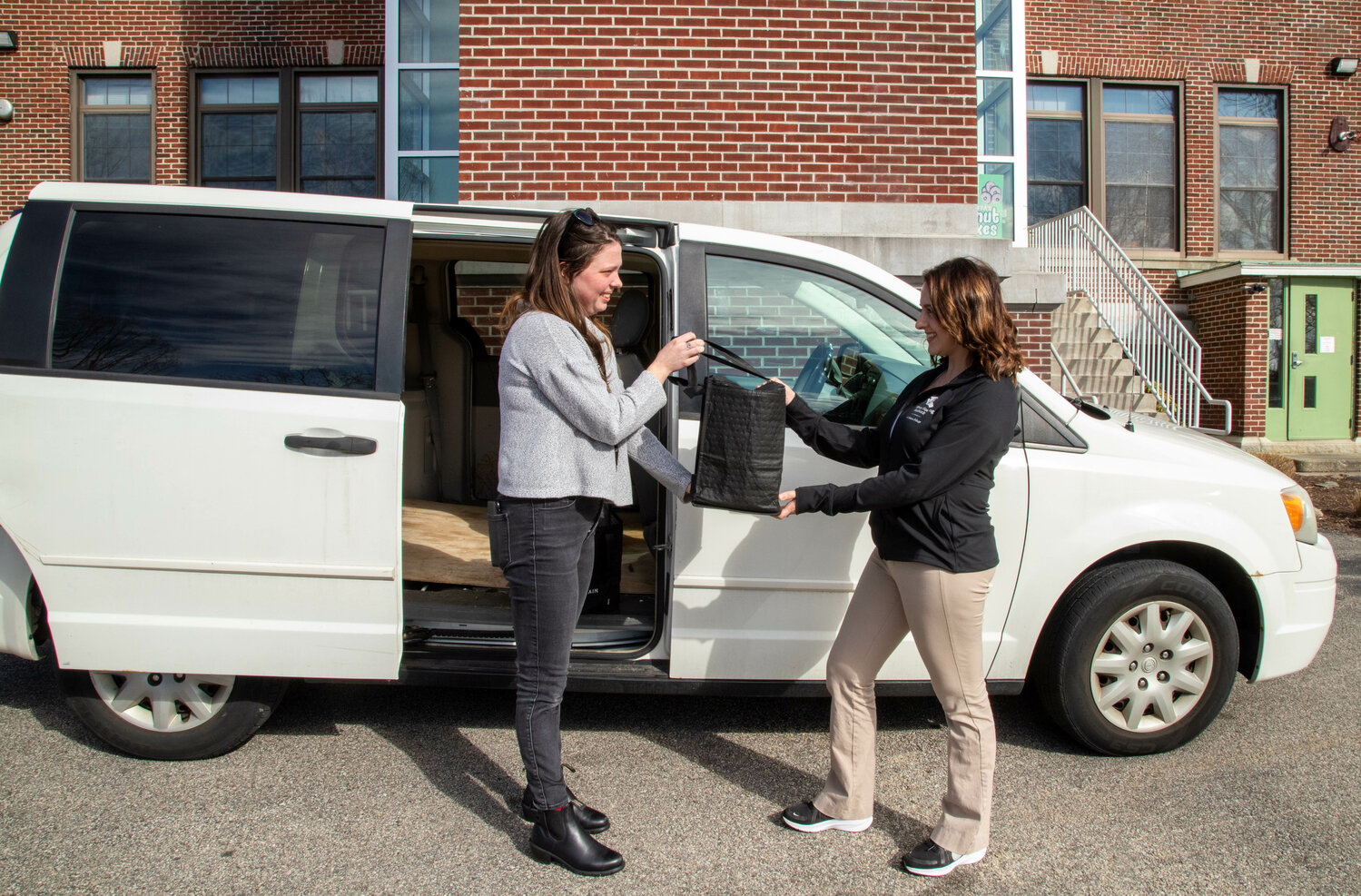Warren's Hope & Main a leading force fighting food insecurity
More than most in Rhode Island, Hope & Main Founder and President, Lisa Raiola, has experienced first-hand the drastic increase in need for food assistance programming since the pandemic. Their Nourish Our Neighbors program has shown one inventive way to get food to people who need it.
This item is available in full to subscribers.
Please log in to continue |
Register to post eventsIf you'd like to post an event to our calendar, you can create a free account by clicking here. Note that free accounts do not have access to our subscriber-only content. |
Day pass subscribers
Are you a day pass subscriber who needs to log in? Click here to continue.
Warren's Hope & Main a leading force fighting food insecurity
If it seems like four years has passed in the blink of an eye since Covid-19 shut down the world and turned our lives upside down, perhaps consider yourself lucky. For someone experiencing food insecurity, where there is no consistent guarantee as to where the next day’s meal is coming from, time likely does not flow so absent-mindedly.
Perhaps more than most in Rhode Island, Hope & Main Founder and President, Lisa Raiola, has experienced first-hand the drastic increase in need for food assistance programming since the pandemic.
“You all may remember when Hope & Main became the site for the breakfast and lunch distribution for Chartwells when schools closed,” she said during a recent presentation to the Warren Town Council. “We had families driving through our parking lot every day, literally hundreds of people. We would give them breakfast and lunch from Chartwells and they were asking for extra food because they didn’t have dinner.”
An idea emerged from that moment, Raiola said, which was infused by a $150,000 grant over three years from the Town of Warren’s allotment of ARPA money doled out to municipalities during Covid. That program, “Nourish Our Neighbors”, sought to get high-quality, homemade meals, made with at least 10% of ingredients sourced locally, into the hands of people who needed them the most.
It has turned into a rousing success story in the nearly four years since.
Expanding its reach
Since the program started, Hope & Main has coordinated the distribution of over 67,000 meals (over 34,000 locally in Warren), generating $526,000 in economic activity for the 34 Warren-based food producers and businesses that form the infrastructural support for the program; many of which started at Hope & Main, 71% of which are owned by women, and 41% of which are owned by BIPOC individuals.
Another key part of the program, the “Buy One, Give One” element, allows people to purchase one of the Nourish our Neighbor meals for $20, where $10 goes to the food maker, and the other $10 goes to generating a meal to be donated through the program. Nearly 12,000 community members have purchased one of these charitable meals since the program began.
“It really has the triple benefit of helping small businesses, helping food insecure people, and helping support our local food economy,” Raiola said. “It emerged out of necessity, but it has become a highly sought after service for people who are seeking solutions like this to address food access, not only in Warren, but actually across the state.”
As the program has grown, so has the local partnerships that Hope & Main has secured in order to increase the number of places that serve as distribution points for Nourish Our Neighbor meals.
There are now 15 different organizations where people can access the program, including 10 that are local to Bristol and Warren. Outside the East Bay, you can find distribution centers in places like the Domestic Violence Resource Center in Wakefield, the Blackstone Valley Advocacy Center in Central Falls, the Providence Public Library, and the Rhode Island Center Assisting Those in Need, located in Charlestown.
Raiola said that expansion of the program is at the front of Hope & Main’s mind, and they are currently raising capital and searching for grant funding to activate a new space they acquired in Providence, which would expand their reach into the West Bay and provide more space for new food entrepreneurs to get their start.
A record amount of need
The most recent Status Report on Hunger from the Rhode Island Community Food Bank shared some alarming numbers for 2023, putting into perspective the unprecedented number of people facing uncertainty when it comes to being able to afford adequate nutrition.
The data showed that 77,500 Rhode Islanders relied on food pantries in 2023, which is up 30% over 2022, and up 49% from 2019, prior to Covid.
More shocking, their research showed that 1 out of every 3 Rhode Islanders has experienced food insecurity in the past year.
While food insecurity is not the same as someone going hungry, it means that at least some of the time, that person either skipped a meal or was unable to secure a meal through a variety of factors; whether that was due to financial hardship, a physical inability to secure food, or not having any culturally appropriate food for their diet accessible.
Shelby Doggett, Director of Food Systems Equity for Hope & Main, attributed this rise in need to multiple causes.
“With the end of Covid relief programs, rising food and housing costs and the end of free meals for all students, any programs that have survived these cuts, such as Nourish Our Neighbors, are more important than ever to ensure that vulnerable communities have access to a healthy meal,” she said.
Raiola said that while the program is not meant to totally replace local food pantries or other organizations that seek to provide food to this record number of people experiencing food insecurity, it presents a great option specifically to people in emergency situations where food insecurity suddenly becomes a problem.
“What’s important to understand about hunger is that it travels with other social determinants of health,” she said. “If people are victims of domestic violence, or have substance use disorder, it's very likely that they’re also hungry.”
Raiola said that being able to provide someone in a vulnerable position, such as in a domestic violence center — where people may not have SNAP benefits set up, and may only get access to food vouchers or gift cards to places like Cumberland Farms — with a high-quality, nutritional meal has even more significance than simply providing a physiological need.
“This creates a great alternative, and restores dignity, because you’re not giving them a voucher saying they have to go somewhere else, or giving them something that is less than,” she said. “You’re giving them food that is appetizing, locally-sourced, nutritional, and culturally appropriate.”
Warren leads the way, but there are hazards ahead
One aspect of Raiola’s presentation that shouldn’t be glossed over was the revelation that little Warren actually leads the entire state in terms of food production; and Hope & Main is the sole reason for that.
There are approximately 600 food processing licenses in the state as a whole, meaning any business that produces or manufactures food. Of those, 90 businesses are licensed out of Hope & Main; good for 15% of the state’s overall total. That means Warren has more food processing businesses than any other municipality in the state, including Providence.
“This is a number that is both a point of pride and of concern to our town, and the reason for that is you may have read about a certain bridge that has been compromised,” Raiola said. “So 15% of all food processing is now happening in our town, and that bridge is going to affect those businesses.”
This is another reason that Raiola said the Nourish Our Neighbors program remains so beneficial to the local economy.
“If programs like this go away, then all the infrastructure goes away that supports it. It’s like cutting down a redwood tree. It doesn’t grow back,” she said. “When we had the existential moment of Covid, we said if we don’t support small makers and small local farms, which are all small businesses, they’re going to go out of business. And if we don’t support them now, they’re still going to go out of business…Small business is a choice, and it’s something you sort of have to vote for every day with your dollars.”
And on the subject of dollars, Hope & Main finds itself in a somewhat perilous moment as the Town of Warren experiences financial upheaval stemming from an $8 million settlement it agreed to pay back in December; the exact implications of which are still being determined.
While that is being sorted, the Town Council agreed to freeze all non-emergency capital expenditures, including all yet-to-be-spent ARPA money.
Will this mean the final $50,000 Hope & Main is relying on won’t come through?
“I know those funds are sort of in this frozen limbo,” Raiola said. “I’m sure we’re right there with other priorities, but we hope that that is not going to be the case for these funds, because they’re providing direct services to town residents who are vulnerable and in need of these resources.”
Still, Raiola reported that Hope & Main received $215,000 in donations from Warren residents alone to support the program, which has been leveraged by other grants to provide a financial backbone beyond one-time Covid funding. Raiola is hopeful in applying for more federal grants that the program can become more self-sustaining in the years to come.
For a food and small business economy that has continuously found itself on the edge of crisis in recent years; either by broken bridges, pandemics, or a loss of funding, Raiola said that the Nourish Our Neighbors program has shown itself to be an innovative way to keep them both healthy, and flourishing, like the people who rely on its food each week.
“In developing this program in partnership with the Town, we’ve learned that when we link the emergency food system with the local food economy, we go a long way to rescuing both,” she said.











